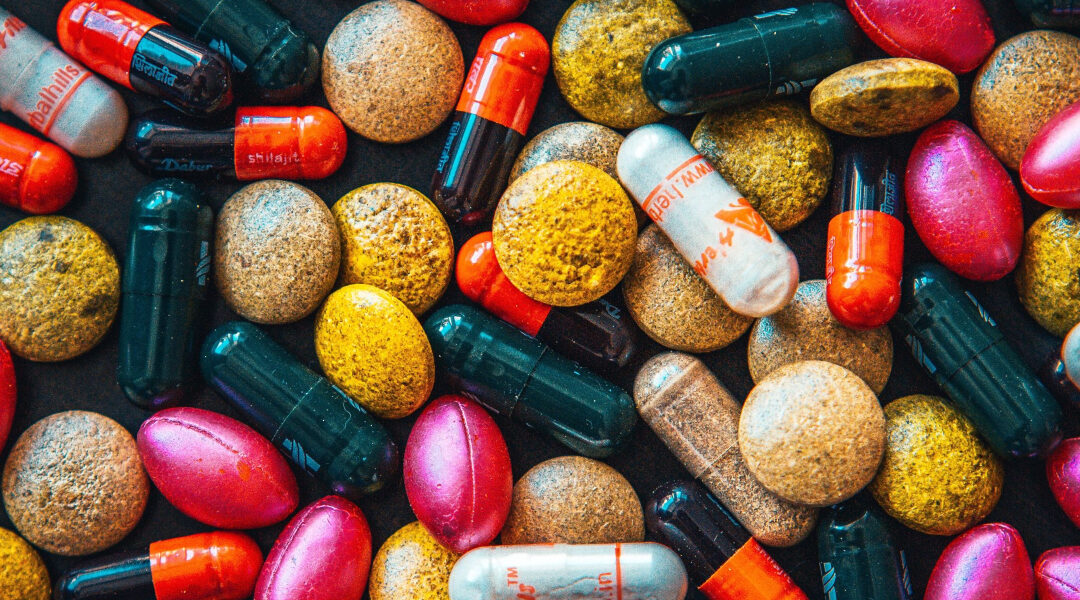Our skin, the largest organ of our body, plays a crucial role in protecting us from the outside world. It acts as a barrier, shielding us from harmful UV rays, infections, and pollutants. To maintain its health and beauty, our skin requires essential nutrients like vitamin C, retinol, and biotin. We will explore what these nutrients do for our skin and how to incorporate them into our skincare routines.
Vitamin C, also known as ascorbic acid, is a powerful antioxidant that helps protect the skin from free radical damage caused by exposure to the sun and pollution. It also promotes collagen production, a protein that maintains the skin’s elasticity and youthful appearance. Including vitamin C-rich foods like oranges, strawberries, and broccoli in your diet can help improve your skin’s overall health.
Retinol, a form of vitamin A, is another essential nutrient for skin care. It aids in cell turnover, preventing clogged pores and reducing the appearance of fine lines and wrinkles. Retinol can be found in various skincare products, including creams and serums. It is essential to introduce retinol into your skincare routine gradually, as it may cause skin irritation in some individuals.
Biotin, also known as vitamin H, is essential for healthy skin, hair, and nails. This water-soluble B-vitamin helps strengthen the skin’s protective barrier, preventing dryness and flakiness. Biotin is naturally found in foods like eggs, nuts, and fish, making it easy to incorporate into your diet.
In addition to these specific nutrients, maintaining overall skin health involves good skincare practices. Here are some tips to help keep your skin looking its best:
- Cleanse: Use a gentle cleanser to remove dirt, makeup, and impurities from your skin. Avoid harsh soaps that can strip your skin of its natural oils.
- Hydrate: Keeping your skin hydrated is essential. Drink plenty of water and use a moisturizer suitable for your skin type to lock in moisture.
- Sun Protection: Protect your skin from harmful UV rays by wearing sunscreen daily. Sunscreen with at least SPF 30 is recommended for adequate protection.
- Diet: Eat a balanced diet rich in fruits, vegetables, and whole grains to provide your skin with essential vitamins and minerals.
- Sleep: Getting enough restorative sleep is crucial for skin regeneration and overall well-being.
- Avoid Smoking and Excessive Alcohol: Smoking and excessive alcohol consumption can damage the skin and accelerate aging.
- Stress Management: High levels of stress can lead to skin problems. Practice stress-reduction techniques like meditation or yoga to keep your skin healthy.
- Gentle Exfoliation: Exfoliate your skin regularly to remove dead skin cells and promote a radiant complexion. Use a mild exfoliant suitable for your skin type.
- Avoid Overuse of Skincare Products: Using too many products can overwhelm your skin. Stick to a simple routine with the essentials for your skin type.
Remember that everyone’s skin is unique, and what works for one person may not work for another. It’s essential to pay attention to your skin’s needs and make adjustments to your skincare routine accordingly.
Achieving healthy and radiant skin involves providing it with the essential nutrients it needs, such as vitamin C, retinol, and biotin, along with adopting good skincare practices. By taking care of your skin both internally and externally, you can enjoy the benefits of a youthful and glowing complexion for years to come.


Recent Comments